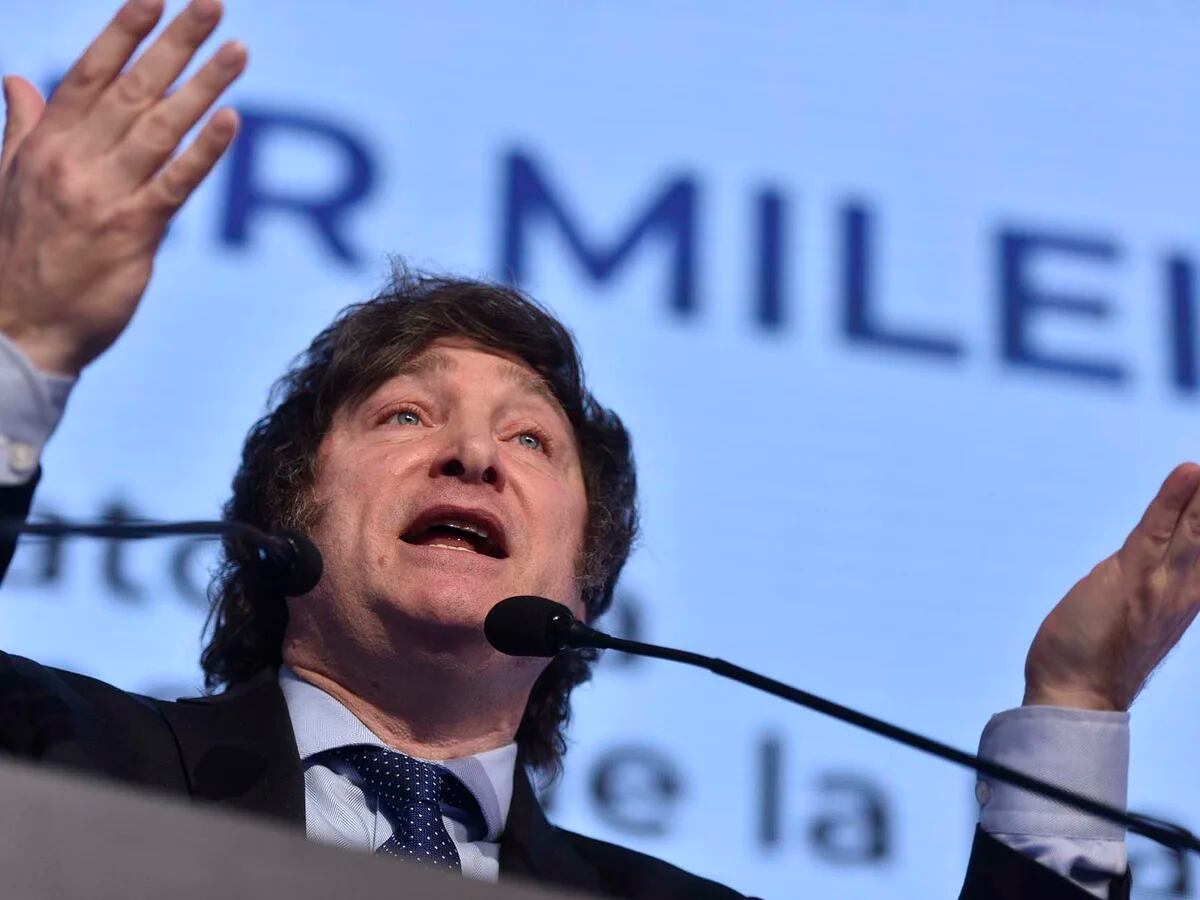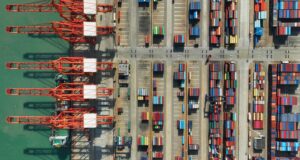
The People’s Bank of China (PBOC) and the Central Bank of the Argentine Republic (BCRA) have renewed the entire activated tranche of their currency swap, for a total amount of RMB 35 billion (equivalent to USD 5 billion), with a validity of 12 months. According to this agreement, the BCRA will gradually reduce the activated amount of the swap over the next 12 months. As a result, this specific tranche will be completely deactivated by mid-2026, coinciding with the expiration date of the current agreement.
The activation of RMB 35 billion in 2023 allowed the BCRA to manage balance of payments flows at critical times for the Argentine economy.
“The extension of the activated tranche of the currency swap until July 2026 will allow the BCRA to continue mitigating risks during the current economic transition that began in December 2023, towards a consistent and sustainable monetary and exchange regime,” the Argentine bank said in a statement. and adds “in this way, the cooperation between both monetary institutions, which began in 2009, has been renewed, strengthening the financial and economic ties between both countries.”
Last year, in June, the BCRA had already renewed a currency swap with the People’s Bank of China for USD 18 billion, which is part of the international reserves and represents more than half of that stock. The former Minister of Economy, Sergio Massa, used USD 4.9 billion of the first authorized tranche to meet import payments, obligations with the International Monetary Fund (IMF) and with private bondholders.
With Blinken’s visit to Argentina, the White House seeks an alliance with Javier Milei in Latin America
The latest IMF Staff Report on Argentina’s recent review summarized discussions between the organization and the economic team led by Caputo: “The activated swap ($4.9 billion) will be refinanced in 2024, in line with ongoing efforts to secure it.” .
In June 2023, USD 900 million were used for payments to private bondholders and USD 1 billion to honor commitments to the IMF, a measure introduced by Massa amid tensions due to the country’s failures to meet the goals established in the agreement and the delays in disbursements.
At the end of 2023, then-President Alberto Fernández announced the activation of a second tranche for USD 6.5 billion. Now, with Javier Milei in office, the government began direct discussions in Beijing to secure refinancing. Part of these conversations began at the end of April with a meeting between the governor of the BCRA and the governor of the People’s Bank of China, Pan Gongsheng.
If the deal had not been renewed, Argentina would have had to pay approximately $2.9 billion to the People’s Bank of China this month and $1.9 billion in July, according to data released last month by the central bank.
The renewal commitment removes a significant hurdle for Argentina’s $43 billion IMF program as the government must demonstrate it has the financial guarantees needed to manage its large debt load.
In April, Argentina’s Economy Minister Luis Caputo stated that Argentina is beginning talks for a new financing program with the IMF that could include fresh funds, noting that Milei’s monetary and exchange plans are part of the discussion.
The swap with China represents the largest source of gross foreign reserves in the Argentine central bank, which currently exceed its assets. In addition, it is the largest yuan swap line in the world. The rescheduling of this debt is crucial so that Argentina can manage its financial obligations and stabilize its economy at a critical time.
Source: https://reporteasia.com/economia/2024/06/12/respira-milei-argentina-china-acuerdan-renovar-swap/

